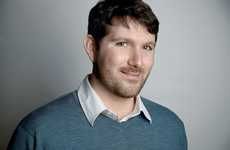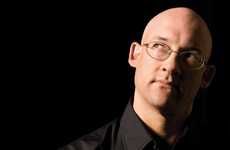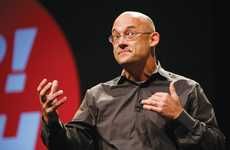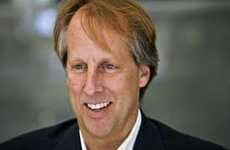From Digital Independence to Governing the World Wide Web
Jaime Neely — July 5, 2013 —
Digital democracy is a term that is becoming more common as a higher number of countries around the world gain access to the Internet and become active on social media networks. The conversations on this topic are particularly interesting because there are so many aspects of it that have yet to be defined and regulated. Who owns the Internet? Who is allowed to use it? Who isn't? These questions are examined in this collection of carefully curated speeches.
The speech by Hillary Clinton powerfully and intelligently argues in favor of an Internet space in which no barriers exist. She believes that the Internet is both a force of liberation and a source of repression, but that every person on this earth is entitled to have these conversations.
Clay Shirky is another trusted, respected and knowledgeable voice when it comes to the Internet and regulation. Like Mrs. Clinton, he sees an open-sourced and unregulated Internet as very beneficial for citizens of repressed countries. Open chat rooms foster a dialogue between governments and citizens, making politics more transparent and fair.
The speech by Hillary Clinton powerfully and intelligently argues in favor of an Internet space in which no barriers exist. She believes that the Internet is both a force of liberation and a source of repression, but that every person on this earth is entitled to have these conversations.
Clay Shirky is another trusted, respected and knowledgeable voice when it comes to the Internet and regulation. Like Mrs. Clinton, he sees an open-sourced and unregulated Internet as very beneficial for citizens of repressed countries. Open chat rooms foster a dialogue between governments and citizens, making politics more transparent and fair.
1.1
Score
Popularity
Activity
Freshness


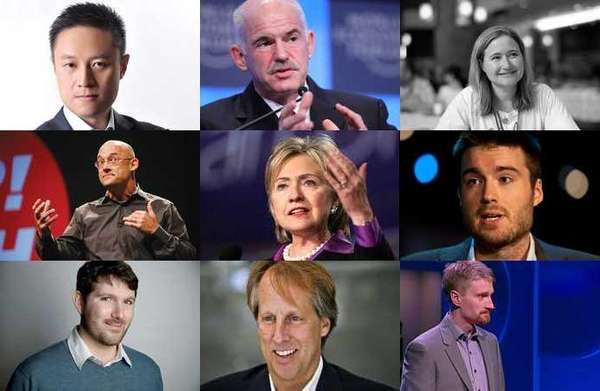 play_circle_filled
play_circle_filled
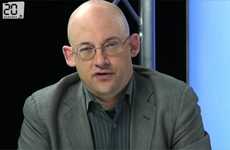 play_circle_filled
play_circle_filled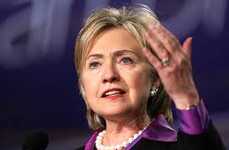 play_circle_filled
play_circle_filled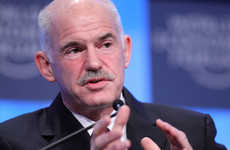 play_circle_filled
play_circle_filled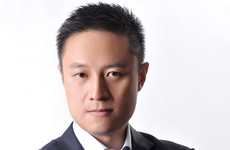 play_circle_filled
play_circle_filled play_circle_filled
play_circle_filled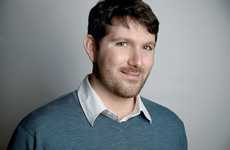 play_circle_filled
play_circle_filled play_circle_filled
play_circle_filled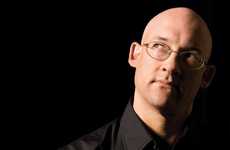 play_circle_filled
play_circle_filled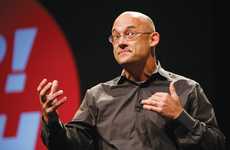 play_circle_filled
play_circle_filled play_circle_filled
play_circle_filled play_circle_filled
play_circle_filled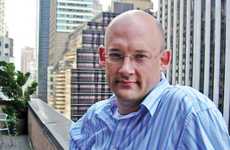 play_circle_filled
play_circle_filled